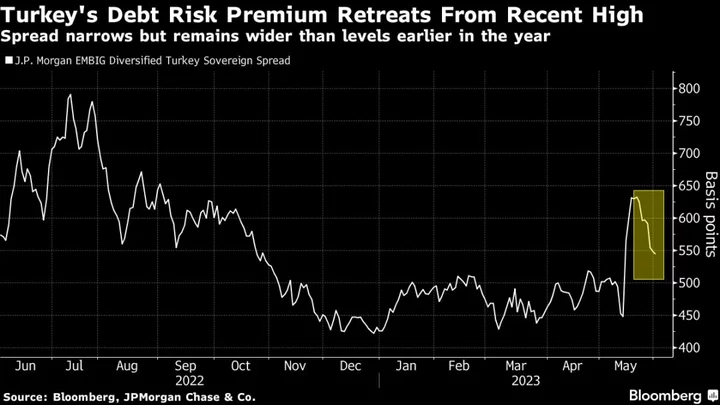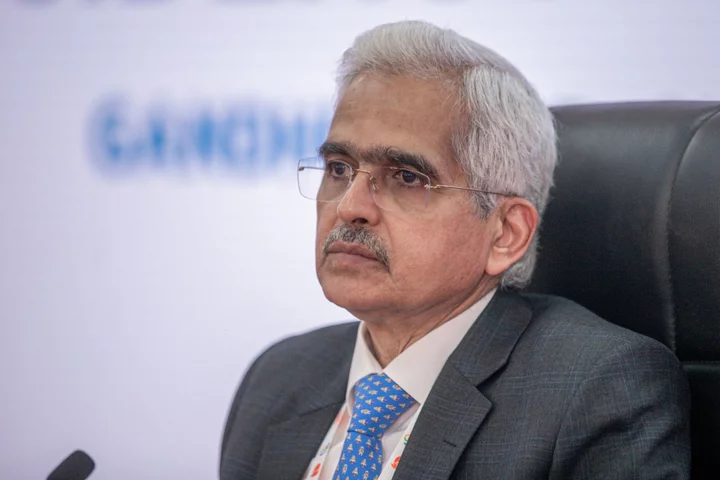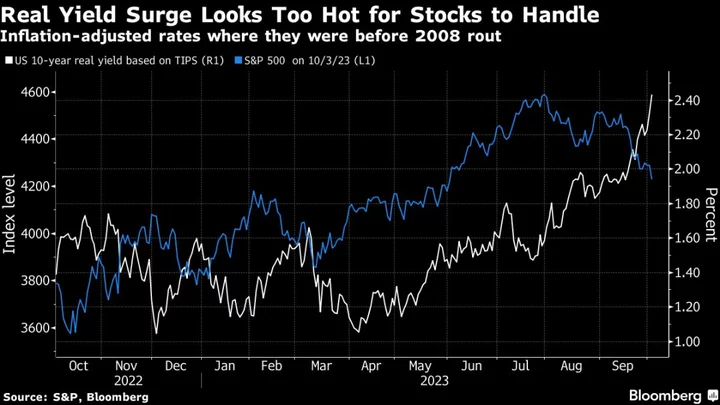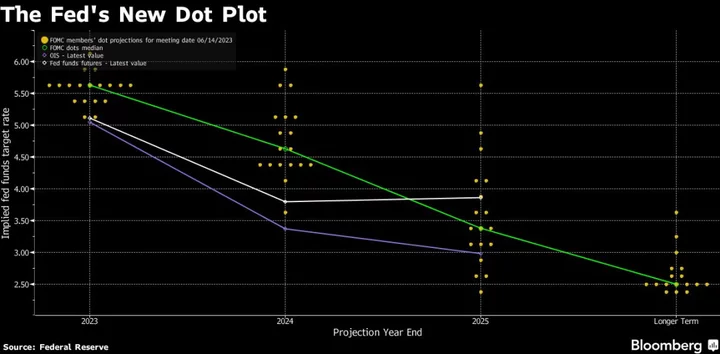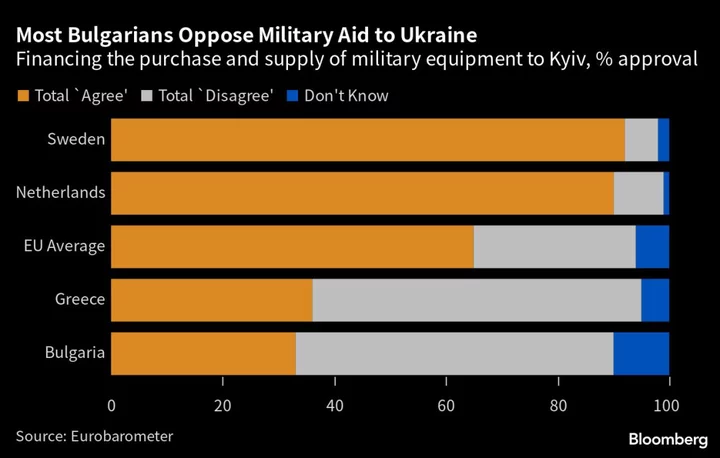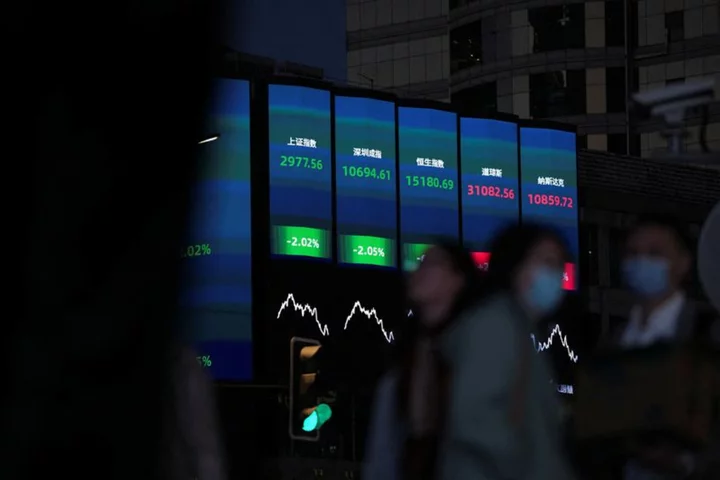Turkish investors are betting that the return of former Wall Street banker Mehmet Simsek as economic czar will herald a shift to more conventional economic policies.
President Recep Tayyip Erdogan appointed Simsek, a former Merrill Lynch strategist, as his new treasury and finance minister in an announcement on Saturday. Turkey’s dollar debt and stocks rallied in the past week on mounting expectations of his arrival.
Erdogan Taps Markets Veteran Simsek as Finance Minister
While questions remain over Simsek’s ability to immediately pivot on policy, many investors are pinning hopes on him to reverse Erdogan’s unconventional economic models that are blamed for an investor exodus and the worst inflation crisis in decades.
In his first remarks following the appointment, Simsek signaled a return to conventional policies. “Turkey does not have any choice left other than returning to rational policy making,” he said at the handover ceremony in Ankara. “Transparency, predictability, consistency and compatibility with international norms will be the core principles.”
According to Citigroup Inc. strategists including Donato Guarino, markets are “increasingly pricing in President Erdogan returning to orthodoxy.”
They lifted their call on the country’s sovereign debt to market weight from underweight in a report on Thursday, noting that while they remain skeptical on the economy’s medium-term prospects, Simsek’s appointment will offer a boost to the market.
Turkey’s dollar bonds have outperformed most of their emerging-market peers in recent days. The country’s main stocks index gained 12% last week, capping the strongest performance since October.
The extra yield investors demand to hold Turkey’s dollar debt over US Treasuries has fallen by more than 80 basis points in the week, according to a JPMorgan Chase & Co. index. The yield on notes due 2047 fell 17 basis points on Friday to 9.2%.
Turkish default insurance costs, meanwhile, have dropped about 100 basis points in the past week, with five-year credit default swaps falling 27 basis points Friday to 551 basis points.
Doubts Remain
Once the euphoria subsides, investors will watch out for whether Erdogan cedes authority in managing the economy, having chased out three central bank governors since 2019 in pursuit of lower interest rates.
“Mehmet Simsek has a lot of credibility with the global investing public,” said Todd Schubert, the Dubai-based head of fixed-income research at Bank of Singapore. “Of course, the question is how much he’ll be free of other influence.”
Henrik Gullberg, macro economist at Coex Partners Ltd., agreed, adding that Erdogan will need to show that Simsek is “more than a token appointment” made to “appeal to markets post election.”
There are signs meanwhile that the central bank is stepping back from its costly backdoor interventions of the lira, which weakened 4.6% in the past week to a record low of 20.9 against the dollar. The interventions were part of Erdogan’s campaign to ensure exchange-rate stability.
The lira was quoted falling 0.8% to below 21 per dollar on Monday, according to Bloomberg indicative pricing. The quote reflects market levels and not traded or executable prices.
Traders clearly expect more volatility, given that the extra cost of protecting against lira weakness in the coming six months — versus hedging against gains — rose to a record 21.7 percentage points on Friday. That’s double January levels of around 10.7, according to risk reversals.
Marek Drimal, Societe Generale’s lead CEEMEA strategist, said Simsek’s appointment, the possibility of higher interest rates and summer tourism revenues, would prevent a major lira selloff in the coming months.
Longer-term though, he warned that without adjustments to Turkey’s external imbalances and credit expansion, “the lira may again get into trouble during next winter.”
--With assistance from Kerim Karakaya, Paul Jarvis, Alex Nicholson and Karl Lester M. Yap.
(Updates with lira price on Monday in 14th paragraph.)

